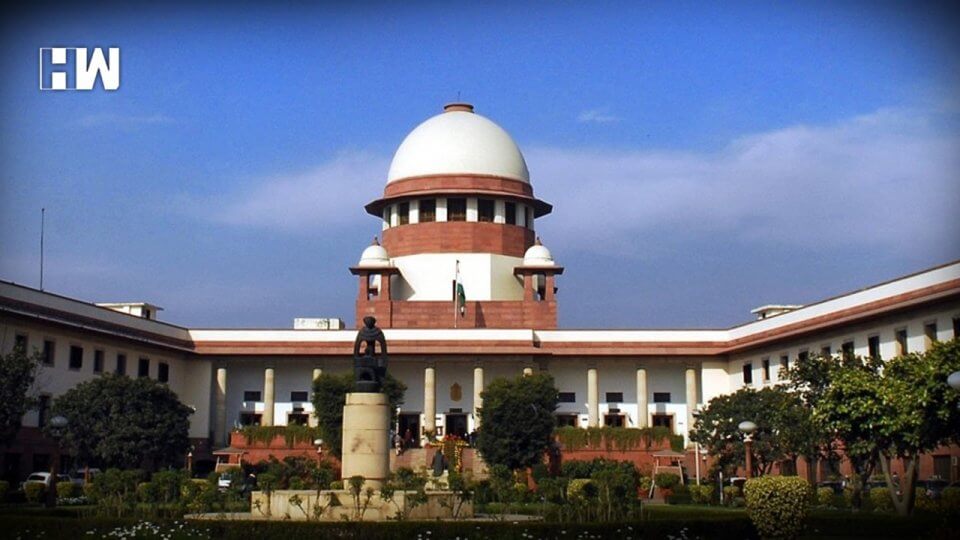Hindu stakeholders had said that Babri Masjid ceased to be a mosque as Muslims had ceased to offer namaz. However, Muslim side countered, “Once a mosque always a mosque.”
New Delhi| A five-judge constitution bench of the Supreme Court will hear its verdict on the Ayodhya dispute today. a bench headed by Chief Justice Ranjan Gogoi will deliver the verdict at 10.30 am.
After hearing the arguments of Hindu and Muslim parties for 40 days from August 6 to October 16, the bench had reserved the verdict. On the last day of the hearing, the high drama unfolded during the when Rajeev Dhawan, counsel for the Muslim parties, tore apart a fresh piece of evidence that the Hindu parties tried to present on the final day of the hearing.
Senior advocate Vikas Singh, counsel for Hindu Mahasabha, sought permission to present a book in front of the Supreme Court bench as a fresh piece of evidence, written by former IPS officer Kishore Kunal. Dhawan raised a hue and cry and said, “This is now an entirely new book that he wants to bring on record.” Rajiv Dhawan then said, “I will tear away the document” and then went on to tear the pages that were handed over by Singh.
Here are the concluding arguments presented by both the side:
-
Proprietary Right


2. Prayers/Namaz


3. Disputed Structure


4. Documents


5. Is Ramlala a stakeholder?


As an independent media platform, we do not take advertisements from governments and corporate houses. It is you, our readers, who have supported us on our journey to do honest and unbiased journalism. Please contribute, so that we can continue to do the same in future.

